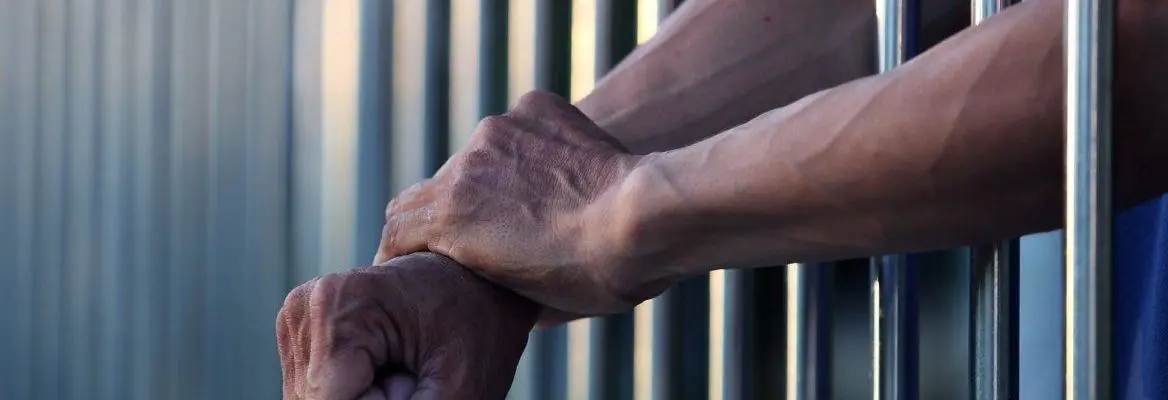What is boredom? What does it mean to have nothing to do? For many of us, the feeling of boredom is associated with being young, newspapers and magazines carry stories about the importance of boredom to stimulate creativity – the rise of the smart phone is, apparently, a threat to us all (although I am sure they said that about television as well…). But what happens when boredom turns into stagnation? When life stretches out behind, and ahead, with few opportunities to progress, gain experiences or make choices? What happens when you have served decades in prison? What do you do when you see the decades that you must serve stretched out in front of you? In this context, boredom and stagnation are no longer temporary, but something that can eat away at your sense of self, and where a desperate attempt to find meaning in your surroundings means you take up any opportunity that comes your way.
A few years ago, I spent several months teaching philosophy in two prisons in England. All of the men I worked with had committed serious crimes and were serving long, and sometimes very long, sentences. One man had served a total of 39 years in prison before I came to work with him, another had served only 5 years of a life sentence that carried a minimum term of 30 years. As a PhD student, sitting in front of these men, and discussing deep philosophical questions, I came to develop a different understanding of what it means to have time. These were not people who were simply bored, but people who were suspended in time.
Psychological survival in the prison context
Over the past half century, a range of prison scholars have endeavoured to understand the psychological impact of extended periods in prison. Two key texts in this field include Cohen and Taylor’s work from 1972, ‘Psychological Survival: The experience of long-term imprisonment” and Ian O’Donnell’s, 2014 text entitled ‘Prisoners, Solitude and Time’. Both texts relate imprisonment to extreme situations, with Cohen and Taylor drawing on disaster literature and O’Donnell drawing on accounts of extreme isolation. These two texts span the prison sociology literature and would offer interesting reading for anyone who wants to try to understand what extended isolation means.
Cohen and Taylor compared the experience of long-term imprisonment to ‘survival in extreme situations’. They drew on literature from adventurers, disaster studies, and migration studies, alongside written accounts of personal experiences of imprisonment in labour and war camps. They justified their use of the term ‘extreme environment’ by highlighting a prison’s physical characteristics, sensory deprivations, and social restrictions. In doing this, they implied that imprisonment involved an extreme change in circumstances and a loss of autonomy as structures and opportunities become closed off to the prisoners.
___
"Unlike other activities, philosophy is an activity of the mind. My participants said the classes provided them with a better understanding of the world, allowing access to wider societal conversations that had previously seemed obscure and irrelevant. Furthermore, they could take these reflections back to their cells, and use the ideas to occupy their minds."
___



















Join the conversation